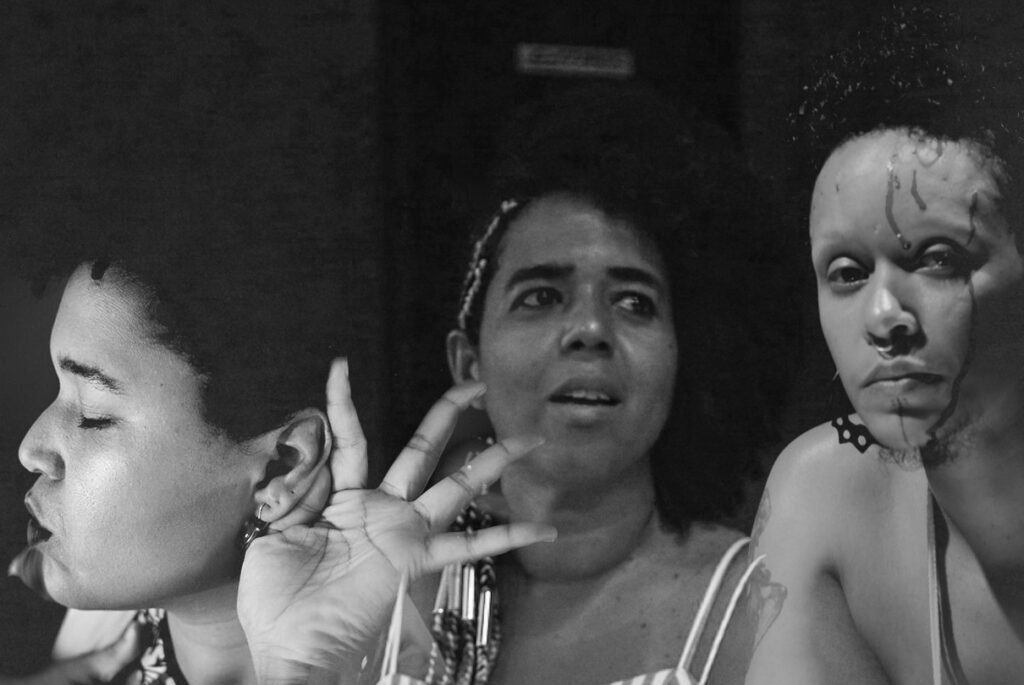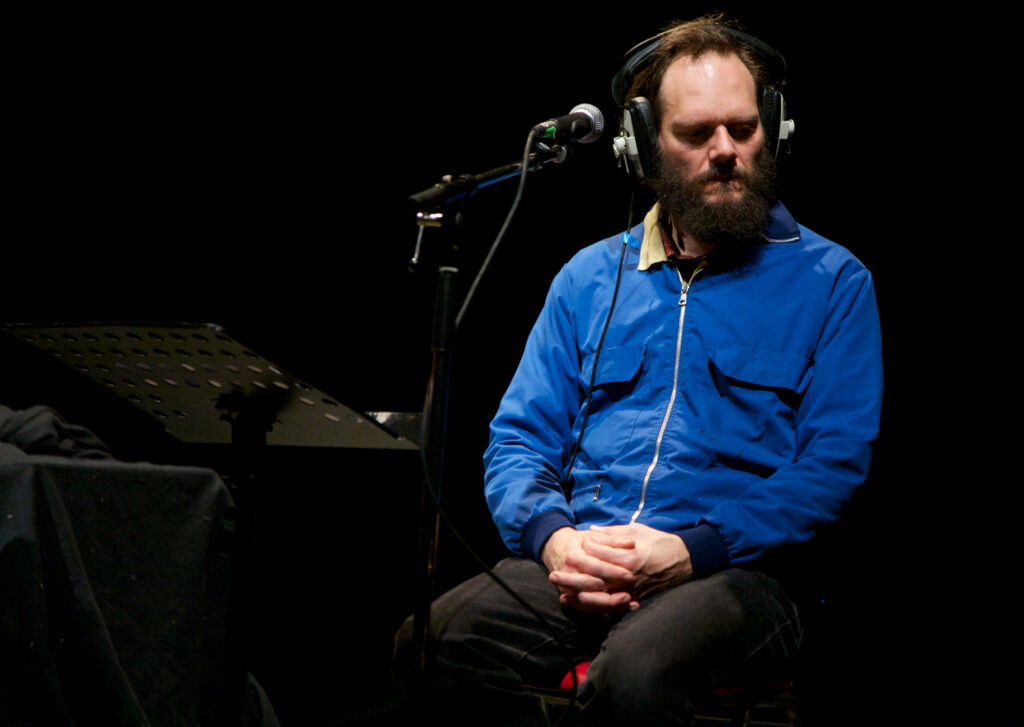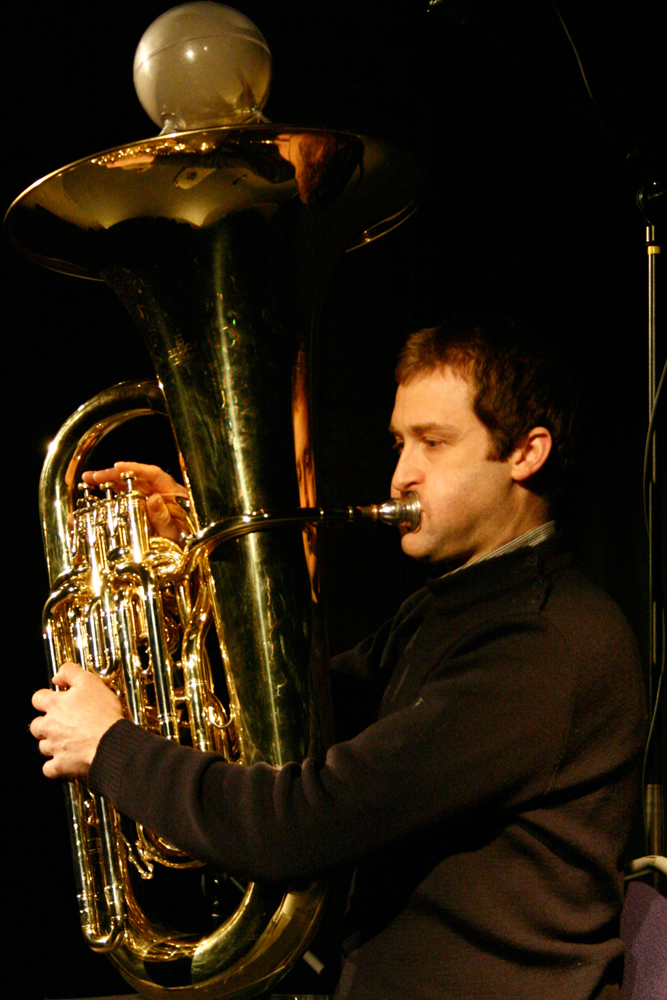
Arika have been creating events since 2001. The Archive is space to share the documentation of our work, over 600 events from the past 20 years. Browse the archive by event, artists and collections, explore using theme pairs, or use the index for a comprehensive overview.


Karrabing at ATLAS Arts
Karrabing Film Collective
As part of Karrabing’s visit to Scotland, the collective will be hosted for three days in the Isle of Skye by The School of Plural Futures.

Poetic Justice
Hollis Frampton
A cinema of the mind, a film to take place in the viewers’ imagination(s).

No Total
What kind of listening and acknowledging do we offer each other? What is it to listen to an ‘elsewhere’, and do we ever do anything else when we listen to music?

Jean-Philippe Gross
Jean-Philippe Gross
Solo by Jean-Philippe Gross, a French electro-acoustic improviser, working with mixing board, cheap mics, small speakers and an analog synth, built around a honed interest in feedback.

Untitled Hand Dance
boychild
“Hidden in the hands an alluvial transcription of reach and embrace. The final flickers of the body’s expression, caress and touch.” – boychild

House – “The Tipping Point”
Aileen Campbell Eric La Casa Gaël Leveugle Jean-Luc Guionnet Neil Davidson Seijiro Murayama
Listening to people listening to their own homes. Musicians and actors will listen back to recordings made in local peoples homes on headphones, and interpret/ translate what they are hearing.

Unfree Improvisation / Compulsive Freedom
Mattin Ray Brassier
How do you know what you want? Should freedom be doing what you ought, not doing what you want? How might a philosopher and artist turn this thinking into an enabling condition in the context of noise and improvisation?

Constantina Zavitsanos and Carolyn Lazard in Conversation
Carolyn Lazard Constantina Zavitsanos
Discussion: If we approach “care as an event” rather than as a “contract of exchange” then what becomes possible in how we know, care for, and appreciate each other?
Stalled at Universal – FRU
Fordell Research Unit
Edinburgh. Beer and smoke befuddled drone/ deadly efforts by Pjorn72 kingpin.

Self Cancellation – Sand
Robin Hayward
Robin Hayward – exploring the micro-sounds of a tuba, filling slowly with sand.

Lethe
Kiyoharu Kuwayama
A performance for dry ice and four specially constructed steel tables, each one heated by a single candle until searingly hot.


